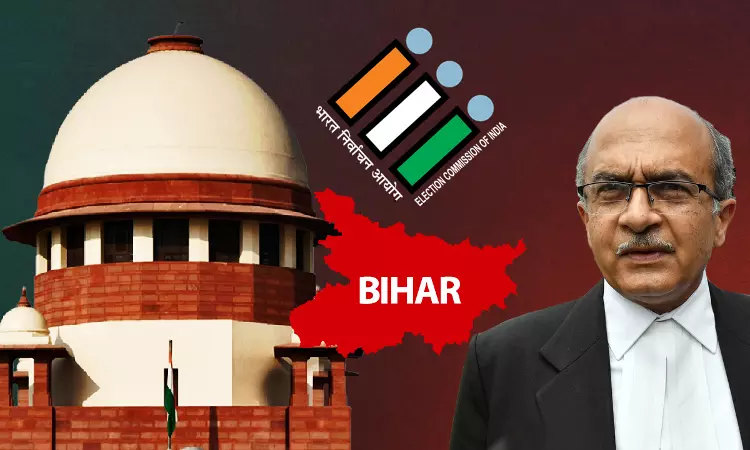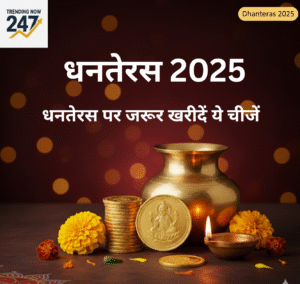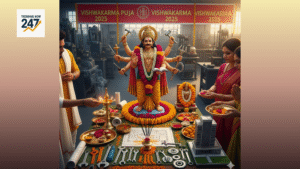Aid and advice: On Jammu and Kashmir and the Lieutenant-Governor’s Assembly member nominations
Aid and Advice — and the Boundaries of Discretion
The Ministry of Home Affairs’ assertion before the Jammu and Kashmir High Court that the Lieutenant-Governor (LG) may nominate up to five members to the Union Territory’s Legislative Assembly without the “aid and advice” of an elected government has sharpened the debate on the limits of executive discretion in a democratic framework. Citing provisions of the J&K Reorganisation Act, the Centre maintains that these nominations meant to ensure representation for women, Kashmiri migrants, and persons displaced from Pakistan-occupied Jammu and Kashmir are statutory, insulated from political calculations, and unrelated to government formation.
The Union Ministry of Home Affairs’ assertion to the J&K High Court that the Lieutenant-Governor (L-G) can nominate five Assembly members without the “aid and advice” of the elected government overrides democratic accountability. Consequential decisions such as nominating members who have voting rights in an elected assembly must flow from democratic mandate, not administrative discretion. The High Court’s constitutional question could not be more direct: do the 2023 amendments to the J&K Reorganisation Act, allowing the L-G to nominate five Assembly members “which have the potential of converting the minority government into a majority government and vice-versa,” violate the Constitution’s basic structure? Rather than addressing this, the Ministry delves into legal technicalities. Its submission argues that nominations fall outside the elected government’s remit, seemingly invoking the K. Lakshminarayanan vs The Union of India precedent from Puducherry while claiming the “sanctioned strength” includes elected and nominated members. It even references Section 12 of the 1963 Union Territories Act (voting procedures) as justification for bypassing democratic consultation. When five nominated members could determine government stability in a 119-member Assembly, the issue transcends statutory definitions of “sanctioned strength”. The real question is whether any legal framework allowing appointed officials to potentially overturn the people’s electoral verdict violates the democratic essence of the Constitution.
The amendments inserted Sections 15A and 15B into the 2019 Act, allowing the L-G to nominate two Kashmiri migrants (including one woman) and one from the Pakistan-occupied J&K community, besides the existing power to nominate two women, if inadequately represented in the elected Assembly. This effectively creates five nominated seats. The High Court’s framing of this issue acknowledges the stakes involved: this could “convert minority government into majority government and vice-versa”, potentially subverting the electoral process. This concern is not unsubstantiated in 2021, three years after Lakshminarayanan, Puducherry saw nominated members and defecting elected MLAs contributing to the collapse of the Congress-led government. Also, J&K’s trajectory to Union Territory, without consultation with elected representatives, makes democratic accountability even more crucial. The unfulfilled promise of Statehood restoration, acknowledged by the Supreme Court and despite overwhelming support in J&K, reinforces that current arrangements should strengthen democratic governance. The Ministry’s argument that nominations exist “outside the realm of the business of the elected government” also contradicts evolving Supreme Court jurisprudence. In the Delhi services cases of 2018 and 2023, it ruled that the L-G should act on elected governments’ aid and advice, with discretionary powers treated as exceptions. Seen in this light, the Ministry’s arguments do not hold water.
The stated aim of inclusivity is laudable. Representation of communities historically excluded from the political mainstream is an objective any democracy must pursue. But the question here is not whether these groups deserve a voice; it is about who decides their representatives, and how. In a polity where the LG is a nominee of the Union, bypassing the advice of a duly elected Council of Ministers risks converting a mechanism of representation into a tool of control.
India’s constitutional scheme, though varied across Union Territories, generally upholds the principle that executive power is exercised on the aid and advice of the elected government save in narrowly defined exceptions. Elevating discretionary powers without legislative or judicial safeguards may unsettle the delicate balance between Centre and region, especially in a territory still awaiting the restoration of full statehood.
The optics matter as much as the law. In a region where political disenfranchisement is still raw, even the perception of unilateralism can deepen alienation. True inclusivity is best achieved not by fiat but by consensus, and not through opaque nominations but via a process that invites trust. The High Court’s eventual verdict will carry implications beyond Jammu and Kashmir; it will speak to the evolving meaning of federalism itself.














Post Comment